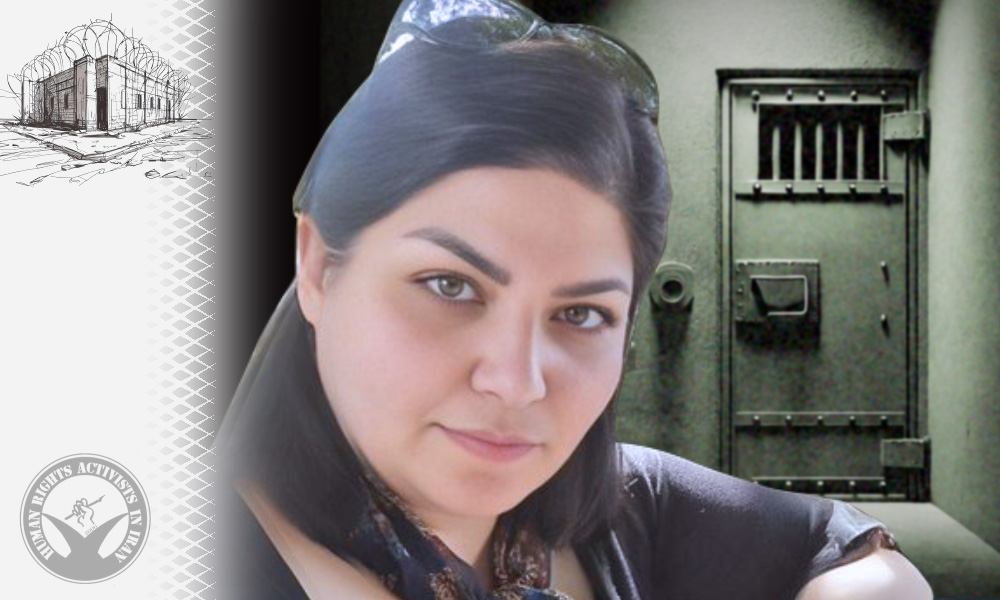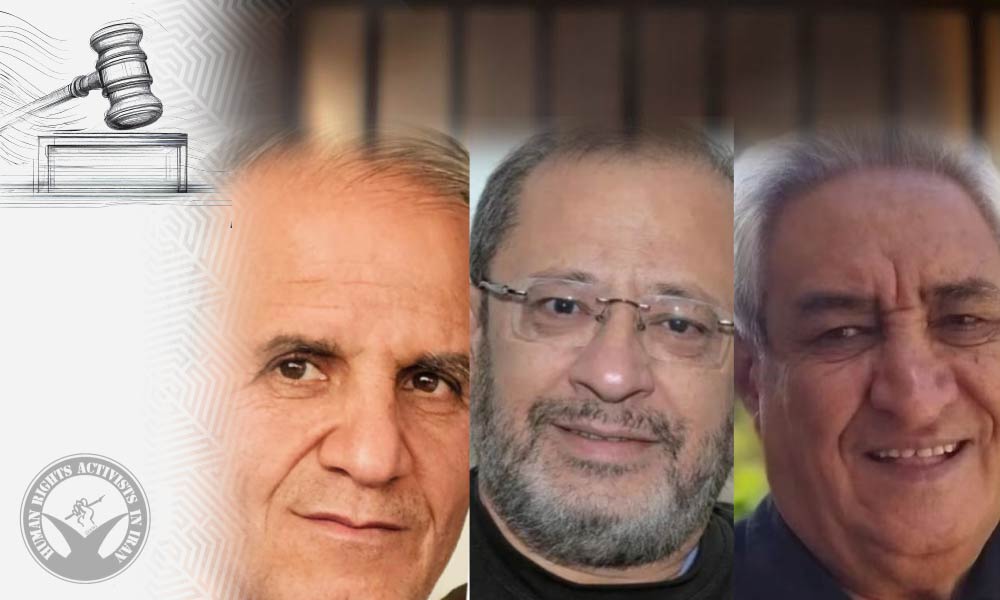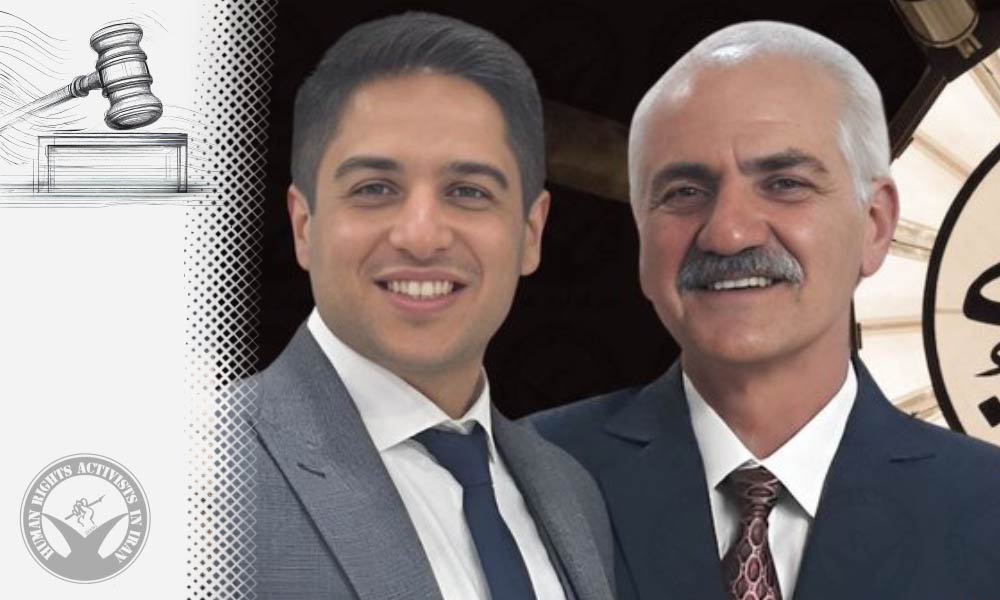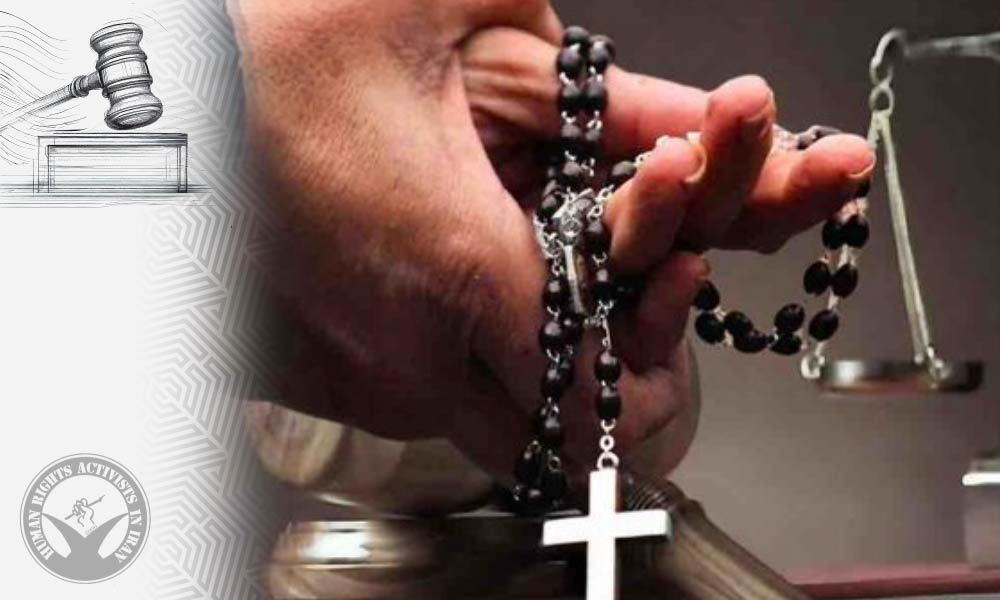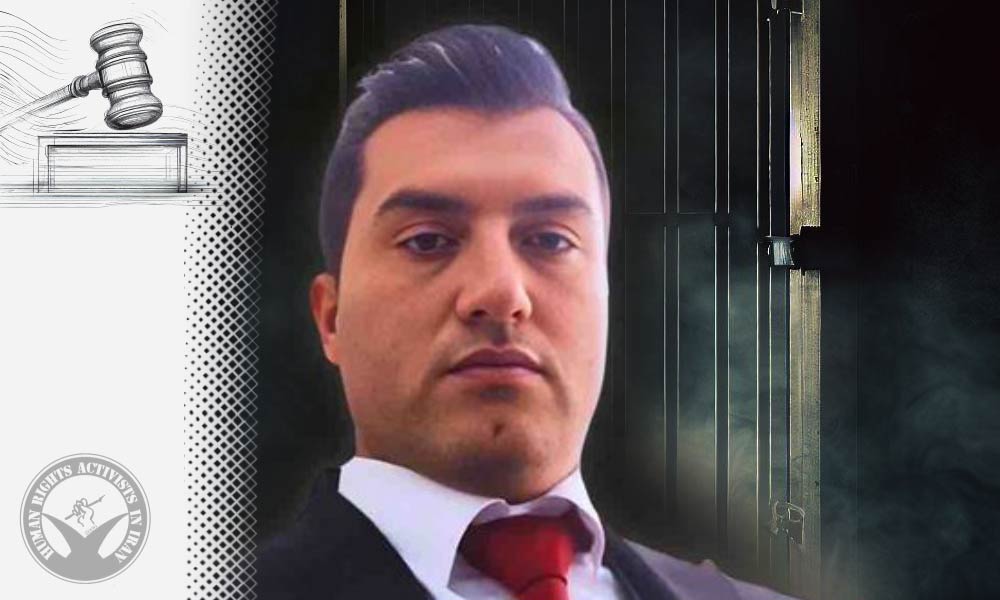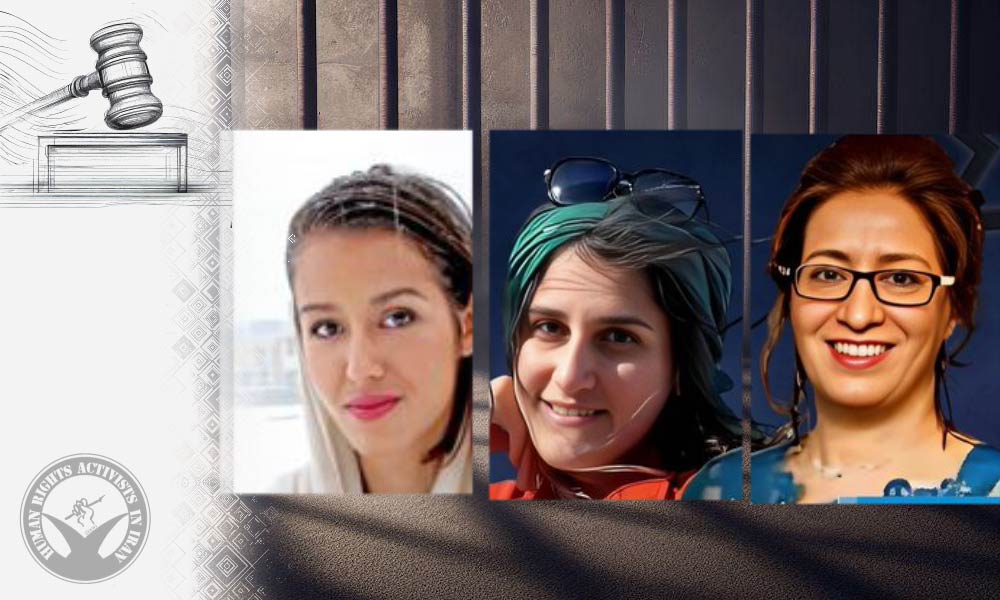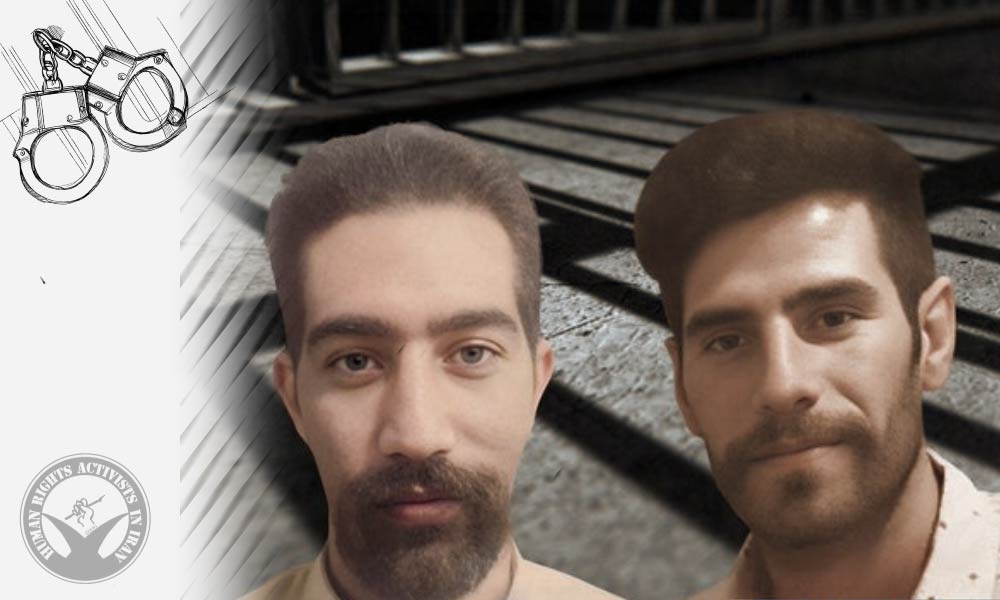Mojgan Salmanzadeh, a Baha’i citizen, remains in a state of uncertainty in Urmia Prison for over twelve days.
A source close to the family confirmed this news to HRANA, stating: “Ms. Salmanzadeh was arrested by security forces on July 4th in the city of Maku and recently informed her family in a phone call that she has been transferred to the public ward of Urmia Prison. Also, temporary release has not yet been possible for this Baha’i citizen.”
As of the time of this report, no information has been obtained about the reasons for her arrest and the charges against her.
Mojgan Salmanzadeh is a Baha’i citizen and a researcher in the field of physiological psychology.
Baha’is are subjected to violations of their religious rights, comprising 82% of reports on infringements against religious minorities, according to HRA’s 2023 annual report.
The Baha’i faith is not recognized as a legitimate religion by Iranian authorities, leading to systematic and longstanding violations of the rights of Baha’is in the country. This includes the denial of their fundamental right to practice their religion, which constitutes a clear breach of both Article 18 of the Universal Declaration of Human Rights and Article 18 of the International Covenant on Civil and Political Rights. The United Nations covenant holds that every person has the right to freedom of religion, freedom of converting religion, as well as freedom of expression, individually or collectively; openly or secretly.



